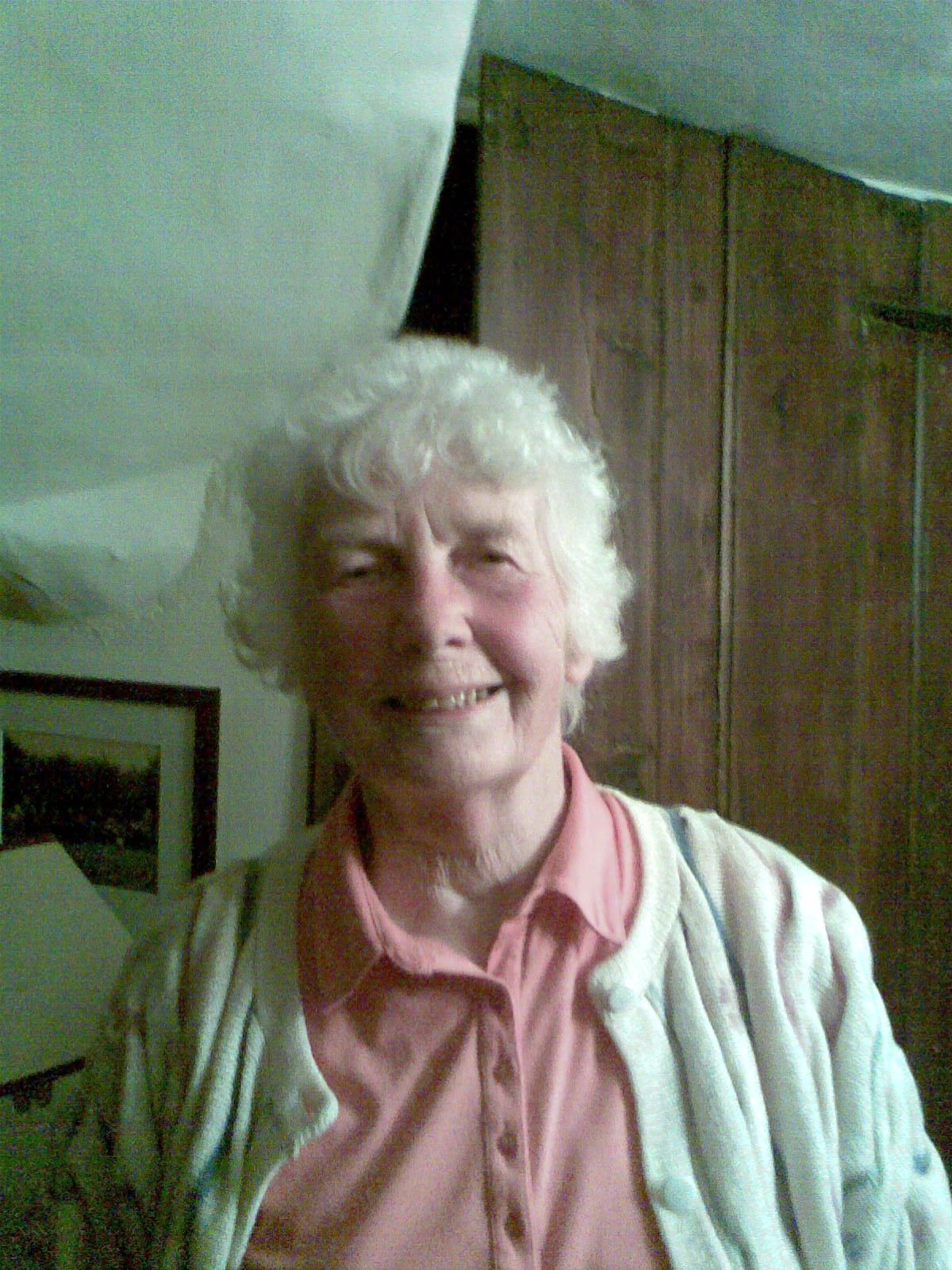 I have again been thinking about madness this week. Partly these thoughts are triggered by re-reading Brian Keenan’s book “An Evil Cradling”. Partly because my teaching term has now started and the idea of madness runs throughout one of the modules on which I teach. And partly because it seems to me to be almost impossible to find a solid meaning or- better- a fixed definition of madness.- which is why teaching it is so fascinating.There is a suggestion that the word “madness” has its roots in ideas of spoiling; destroying; changing or making foolish. (Interestingly I find that the roots of the technical word “psychosis” give a meaning of an abnormality of the soul. I find this a softer definition than the rather harsher way it is used in contemporary psychiatric work. But psychiatry prefers to translate “psyche” as mind, not as soul. The distinction is more than simply linguistic.)
I have again been thinking about madness this week. Partly these thoughts are triggered by re-reading Brian Keenan’s book “An Evil Cradling”. Partly because my teaching term has now started and the idea of madness runs throughout one of the modules on which I teach. And partly because it seems to me to be almost impossible to find a solid meaning or- better- a fixed definition of madness.- which is why teaching it is so fascinating.There is a suggestion that the word “madness” has its roots in ideas of spoiling; destroying; changing or making foolish. (Interestingly I find that the roots of the technical word “psychosis” give a meaning of an abnormality of the soul. I find this a softer definition than the rather harsher way it is used in contemporary psychiatric work. But psychiatry prefers to translate “psyche” as mind, not as soul. The distinction is more than simply linguistic.)
Here is a short extract from Keenan’s reflections on being mad “I have been and seen the nightmare exploding in the darkness. I am in the charnel house of history. I am ash upon the wind, a screaming moment of agony and rapture. I have ceased being. I have ceased becoming. Even banging my body against the wall does not retrieve me to myself.” (An Evil Cradling 1992) This is most certainly about spoiling, destroying, changing. To quote Yeats “a terrible beauty is born”.
I have never been formally psychotic. For which I am thankful. But whilst in analysis I found my own definition. I found that there were times, if I felt my analyst had been silent too long, that I began to fall. Not literally. I felt myself falling. Endlessly. I fell through the universe. And kept on falling. There seemed no end. Thankfully I sometimes stayed with the experience simply to experience it. “To be my own observer.” as Keenan puts it. At other times I would say something to my analyst in an attempt to anchor myself. Again, thankfully, I was emotionally intact enough to be able to tolerate the falling-frightening though it was. I did not need to retreat into full-blown psychosis. Others will have their own definition.
I have written before about Lucky’s speech in “Waiting for Godot”.
I wrote “The link is to Lucky’s speech in Waiting for Godot, a play I have been fortunate enough to see three times. It was played twice as tragedy, once as near farce. The director’s view of course, shapes any understanding of Lucky’s speech. Is he simply a clown coming out with empty syllables? Is he mad-manic, with clang associations and flight of ideas? Is he a Holy Fool whom we ignore at our peril? Or is he all three and more beside? Our answer will be shaped by our “inner director”. I have always delighted in this speech since being introduced to “Godot” in my Sixth form. It is probably one of the texts that has shaped my clinical practice and how I teach. I have an “internal director” who thinks Clowns, Jesters and all Holy Fools should be given the highest honours society can give them. But that would, of course, be to silence them and destroy them.”
I want to propose Lucky as a Holy Fool who in his madness challenges the world around him. (I have a fantasy about setting Godot in a psychiatric hospital. Lucky’s speech would be understood only by the patients. The staff would hear only meaningless babble, perceiving it as the mad speech of a deluded patient. Vladimir and Estragon would be played as psychiatric nurses whilst Godot would stand for the psychiatrist-who never appears in the flesh but whose presence pervades the whole show.) Lucky epitomises Laing’s comment about insanity “.. perfectly rational adjustment to an insane world.”
I have once more added a link to Louis Macnecie’s poem “Prayer Before Birth”. Thinking about it, I am not entirely certain why. Something to do with the utter vulnerability of a Holy Fool who may not yet be born
Don't give up







